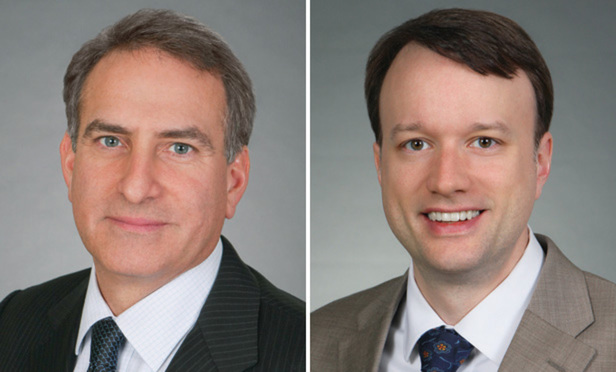The False Claims Act (FCA) has served a vital role in protecting the federal purse: Its provision for treble damages and whistleblower rewards creates a powerful incentive to ensure that private parties that enter into contracts with the government deliver the goods or services they promised to provide. But more troubling to some has been the effort to infer that the government contracts include promises to comply with additional requirements, even when no such promises were expressed, and use the FCA to police these broader sets of implied legal obligations. In such cases, the government or whistleblowers contend that the contractor implicitly certified compliance with applicable legal provisions, and they seek to use the FCA to penalize non-compliance. To critics of such theories, the FCA can become a net sweeping in conduct far beyond that intended by Congress, and creating litigation even where Congress or state legislatures deliberately refrained from creating private rights of action in favor of specialized regulatory regimes.
A circuit split has grown along the question of whether the FCA should apply to such cases. Late in 2015, the Supreme Court agreed to hear a case that challenges the viability of the implied false certification theory, Universal Health Services v. ex rel. Escobar, No. 15-7 (cert. granted Dec. 4, 2015).1
Theories of Falsity
This content has been archived. It is available through our partners, LexisNexis® and Bloomberg Law.
To view this content, please continue to their sites.
Not a Lexis Subscriber?
Subscribe Now
Not a Bloomberg Law Subscriber?
Subscribe Now
LexisNexis® and Bloomberg Law are third party online distributors of the broad collection of current and archived versions of ALM's legal news publications. LexisNexis® and Bloomberg Law customers are able to access and use ALM's content, including content from the National Law Journal, The American Lawyer, Legaltech News, The New York Law Journal, and Corporate Counsel, as well as other sources of legal information.
For questions call 1-877-256-2472 or contact us at [email protected]



